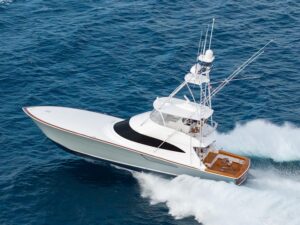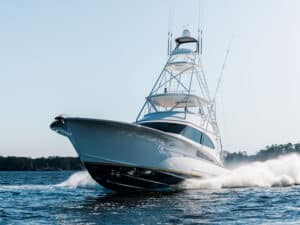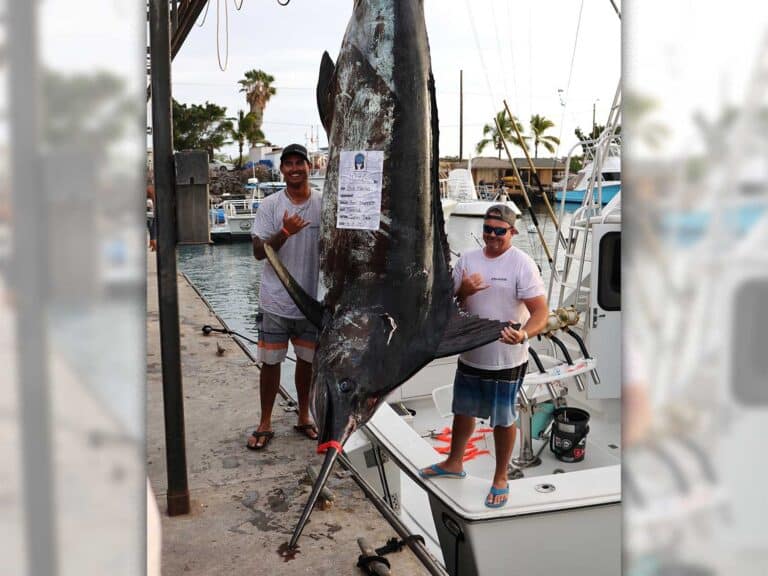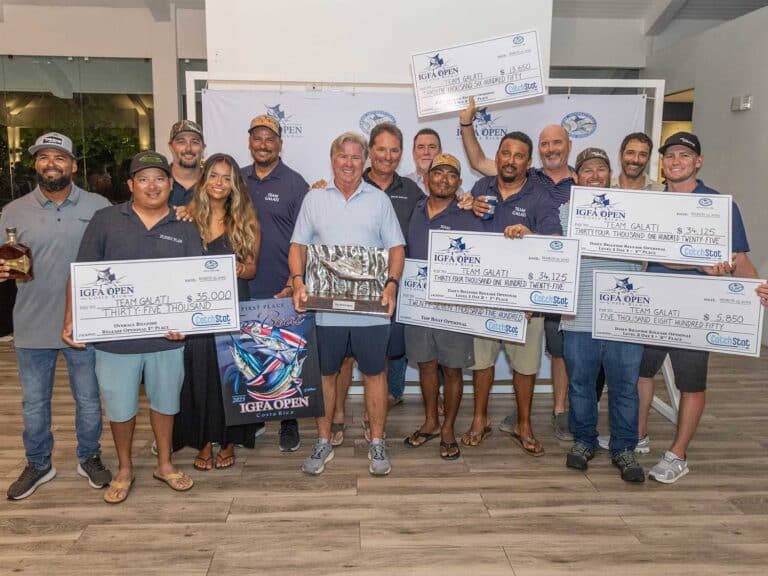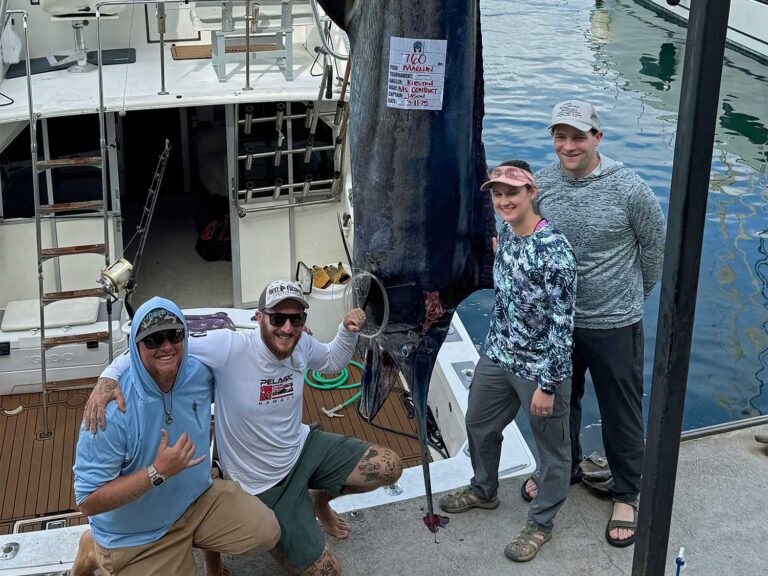Q: Where do you see the state of boatbuilding in the next decade?

Sport-fishing boats will be lighter, faster and more expensive in years to come. Vendors supplying raw materials and equipment to builders will need to have more skin in the game if they want to continue selling their products to those in the boatbuilding industry. People who buy sport-fishing boats are spending discretionary money on objects they don’t really need. Simply put, they buy boats to enjoy, and don’t want headaches. In the future, vendors will have to design and produce more reliable equipment that is fully tested before offering it to boatbuilders to include in their customers’ boats.

I see the 10-year future of sport-fishing boatbuilding from the perspective of a custom builder of cold-molded wood boats. I believe there will be greater use of composite materials outside of the hulls, which I doubt will change much. The fit and finish of custom boats will become even more important as consumers focus on quality results [when compared] to the competitive price of production boats. Builders of cold-molded wood-hulled boats will accelerate the adoption of composites and other weight-saving strategies to improve efficiency and performance. Change is the only constant, and the future is bright.
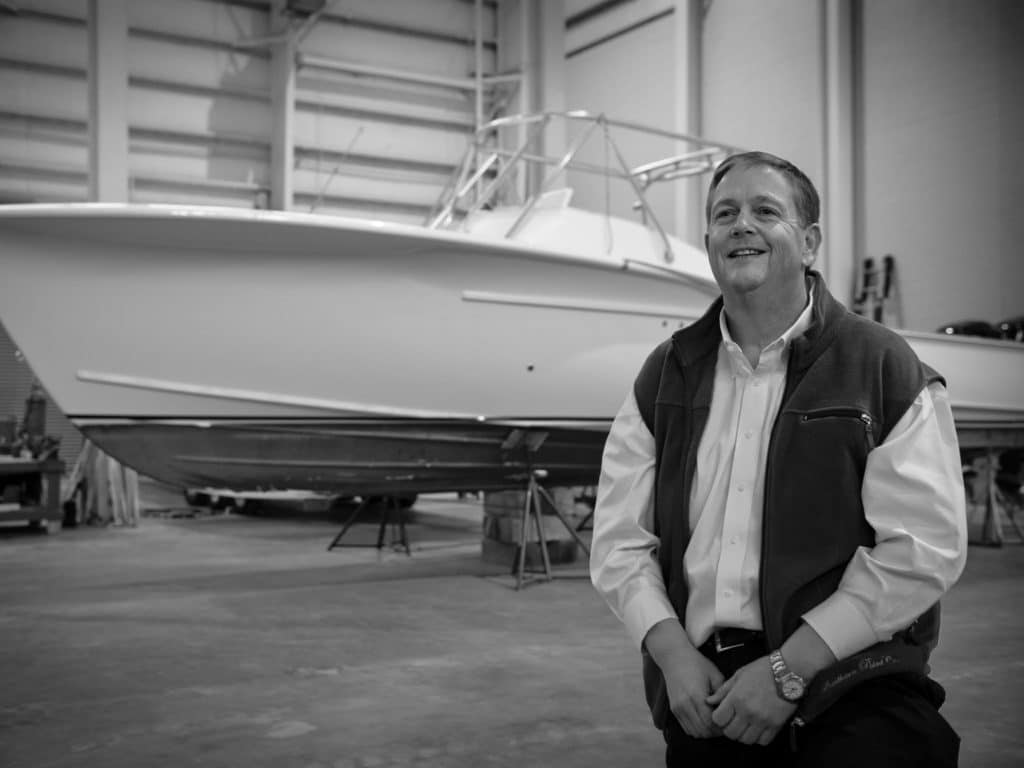
The boatbuilding industry has brought about significant changes each decade, making our products more useful for consumers and improving their ability to reach remote locations. I don’t expect the next 10 years to be any different — in fact, it might be some of the most exciting times.
Top builders continue to research new techniques and materials to improve efficiency, ride and performance. I expect to see boats that are lighter, faster and more capable. We are working on ways to accomplish these goals by sourcing processes and materials from outside of our industry and honing [current] methods.
Looking forward, our primary goal should be to keep people engaged in boating and fishing by making boats easier to operate, simpler to maintain and more dependable.

The future will lean toward the technologies we see in the aerospace industry. Boating has always lagged behind, but there are large crossovers. We are using more computer-generated analyses of our hull forms to optimize performance and utilizing more sophisticated materials than ever before to gain strength with less weight.
I see a paradigm shift in the labor force ahead as materials migrate from fiberglass to composites. In the past, fiberglass crews were typically unskilled and earned lower wages; composite laborers do perhaps some of the most skilled labor in the shop and continually incorporate new technologies. Skilled carpenters, mechanics and electricians face similar challenges as the systems aboard the boats become more automated and complex.
